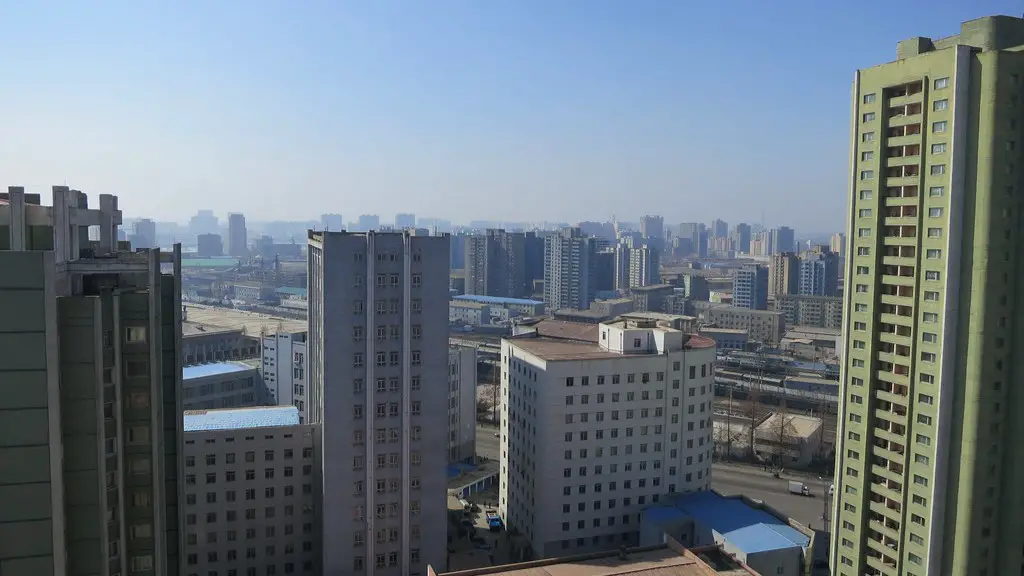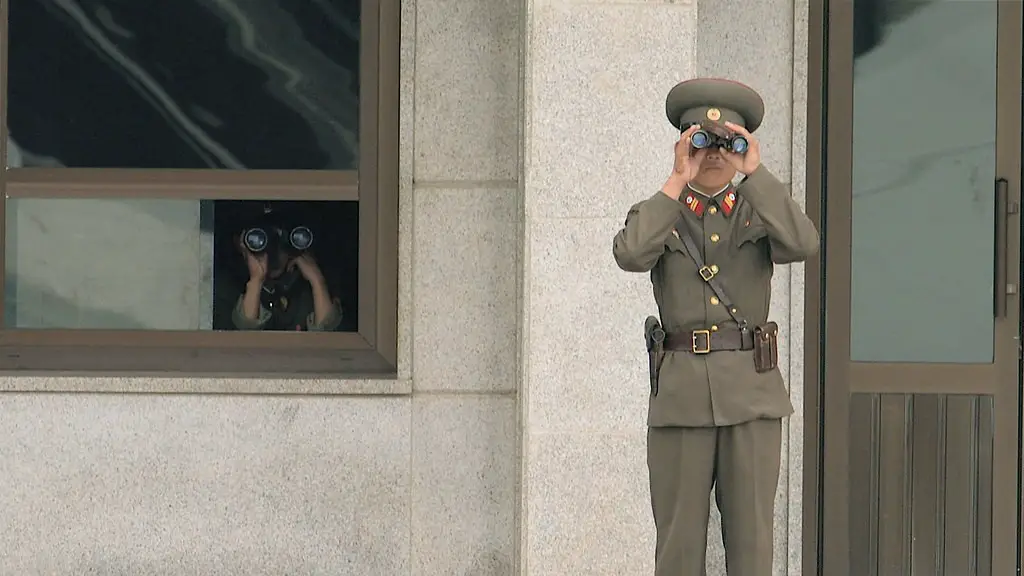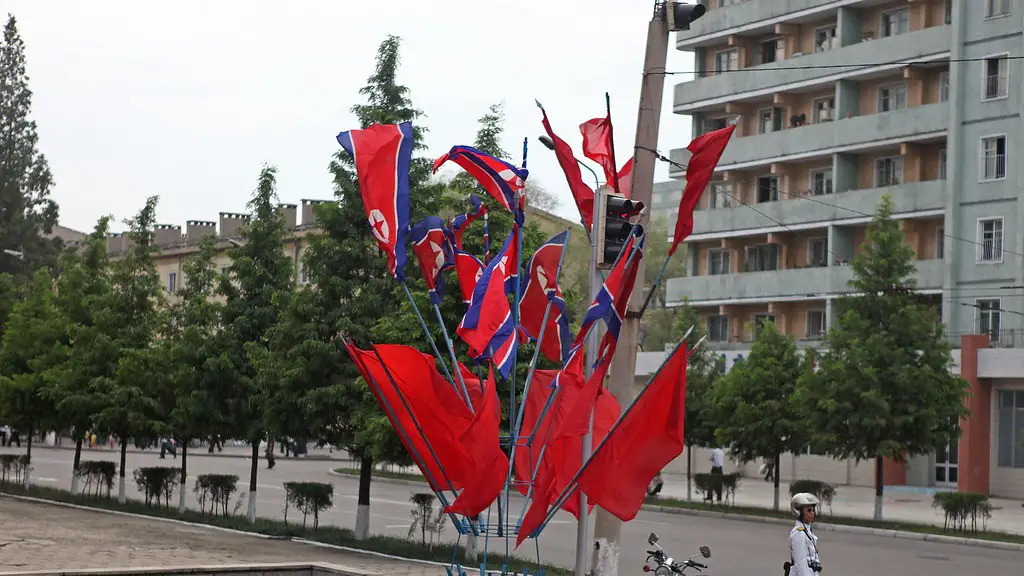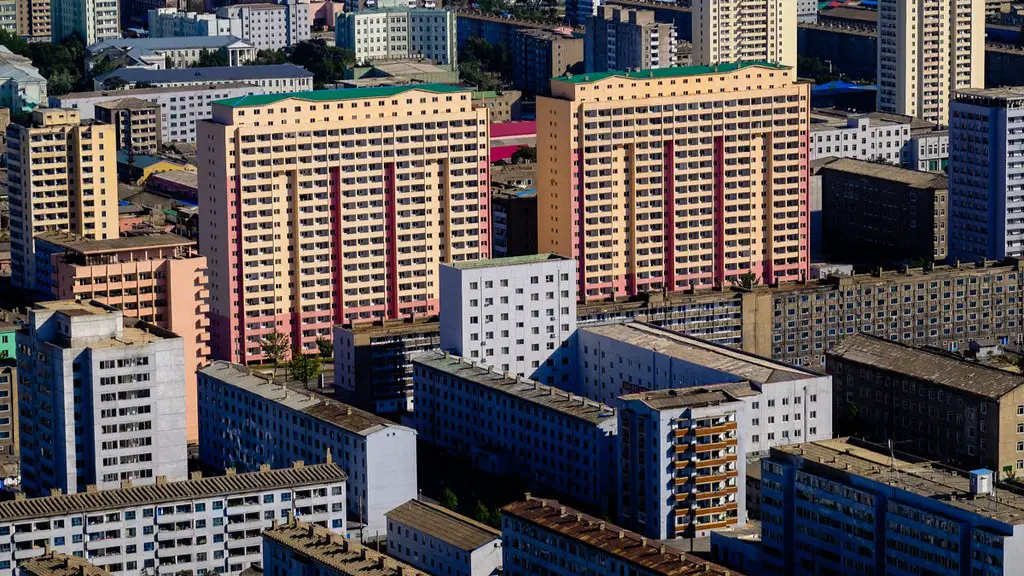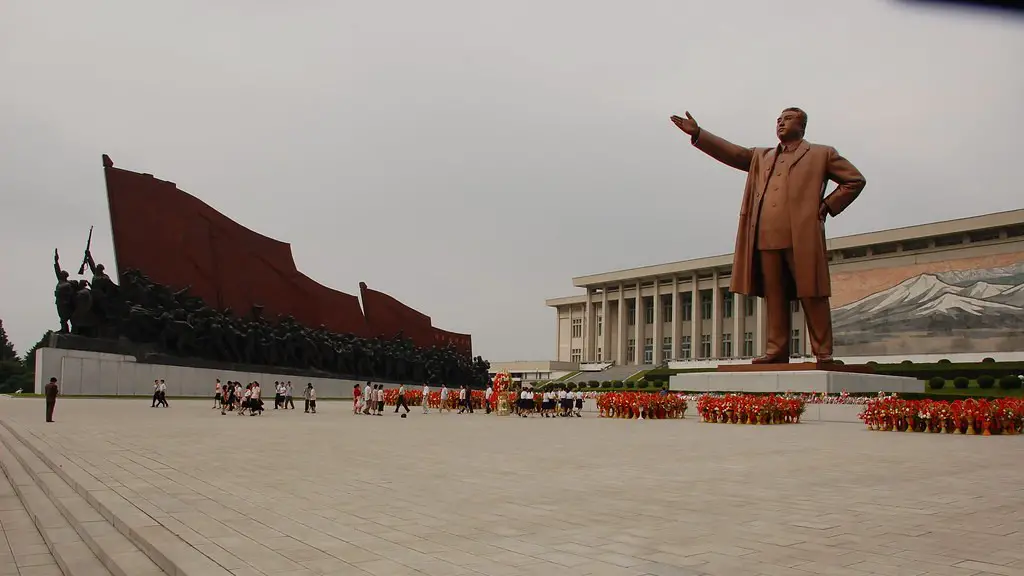The Leader of North Korea
Kim Jong-un is the supreme leader of North Korea, officially known as the Democratic People’s Republic of Korea (DPRK). He is in full control of the country both politically and militarily with the support of the Korean People’s Army (KPA). Kim Jong-un is the third leader of North Korea following his father, Kim Jong-il and his grandfather, Kim Il-sung. Kim Jong-un was first named as Supreme Leader in 2011, following his father’s death.
Kim Jong-un is determined to keep North Korea isolated, and he believes that being strong militarily will make the country invincible. Since his rise to power, North Korea’s relations with the outside world have become increasingly strained. He has overseen a number of nuclear and missile tests, and has used the threat of war to divert attention away from the dire state of the country’s economy. There have also been reports of human rights abuses under his rule.
While Kim Jong-un is seen as a leader who exercises absolute power over the country, he has been known to reach out to his citizens. He has implemented economic reforms such as currency devaluations, market liberalization and the establishment of special economic zones in order to boost the country’s economy. In addition, he has emphasized the importance of education and science, and even invited overseas teachers to teach in North Korean universities.
International opinion of Kim Jong-un is divided. On the one hand, he is seen as an authoritarian leader who does not care about the well-being of his people and has no respect for human rights. On the other hand, it has been acknowledged that he has made some progress in improving the livelihood of his people, as well as attempting to move the country in the direction of economic opening and reform.
Ultimately, Kim Jong-un is the leader of North Korea and his decisions will have a major impact on the future of the country. As the international community continues to view North Korea with wary eyes, it remains to be seen how he will use his power to lead the country forward.
Kim’s Foreign Relations
As Supreme Leader of North Korea, Kim Jong-un is the primary face of North Korea’s foreign relations. He has attempted to engage with other countries on a number of issues; in 2018, he held a number of high-profile meetings with international leaders in an attempt to improve North Korea’s foreign relations. However, the meetings have been mainly for show, as major issues such as sanctions, nuclear disarmament and human rights have still not been addressed.
Kim Jong-un’s most significant foreign engagement has been with South Korea. The two countries have held three summit meetings in 2018, with Kim Jong-un meeting with South Korean president Moon Jae-in in April, May, and September. The meetings led to a number of agreements, such as the easing of military tensions, the opening of rail lines, and the opening of a joint economic zone. This has been seen as a major breakthrough in improving relations between the two countries.
In addition to South Korea, Kim Jong-un has held meetings with President Xi Jinping of China and Russian President Vladimir Putin. He has also met with the US President, Donald Trump, to discuss denuclearization, which has been seen as a largely symbolic gesture. So far, there have been no major breakthroughs from these meetings, but there is a sense that international relations with North Korea are improving.
Kim Jong-un has also worked to improve North Korea’s relations with the rest of the world. He has extended invitations to world leaders to visit North Korea, and has taken steps to open up the country’s economy. While these efforts have been largely viewed as positive, there is still a great deal of skepticism about North Korea’s intentions.
Education and Science
Kim Jong-un has emphasized the importance of education and science in North Korea. He has worked to provide more access to education, particularly in rural areas, and has supported the growth of new universities. He also has a particular focus on science and technology, and has set ambitious goals for the development of the country’s science and technology.
Kim Jong-un has established the National Science Academy, where students can pursue a degree in science or engineering. He has also taken measures to increase the number of university graduates in the sciences, with the goal of increasing the country’s scientific and technological capabilities. In addition, he has taken steps to encourage more international cooperation in scientific research.
Kim Jong-un’s efforts to promote science and technology in North Korea have been largely welcomed by the international community. His efforts to modernize the country’s infrastructure and to open up new areas of scientific research have been seen as a step in the right direction. However, there are still major gaps between North Korea and the rest of the world in terms of scientific capabilities.
Kim Jong-un’s focus on science and technology has also resulted in increased spending in these areas. Much of this money has gone towards research, leading to advancements in areas such as nuclear technology and missile technology. This has raised concerns in the international community regarding North Korea’s military capabilities.
Economic Reforms
As Supreme Leader of North Korea, Kim Jong-un has taken a number of steps to improve the country’s economic situation. He has allowed for more economic liberalization and implemented several economic reforms, including currency devaluation and the opening of special economic zones. He has also opened up the country to foreign investment and trade.
Kim Jong-un has also taken steps to improve the country’s infrastructure, with the aim of making it more competitive in the global economy. He has implemented a number of projects to modernize North Korea’s roads, railways and ports. In addition, he has encouraged foreign investment in the country, in order to improve its economic links with other nations.
Overall, Kim Jong-un’s economic reforms have been met with some success. There have been reports of improved living standards and more economic opportunities for North Koreans. However, the changes have been limited, as the country still faces major economic hurdles such as international sanctions and mismanagement. In addition, the reforms have been criticized for their uneven implementation and for not going far enough.
Human Rights Abuses
Despite taking steps to improve the lives of his people, Kim Jong-un has been criticized for the human rights abuses that have occurred under his rule. Reports of torture, forced labor and extrajudicial killings have been documented by international human rights organizations. In addition, it has been alleged that the North Korean government has carried out a number of abductions of nationals from other countries.
Human rights activists have condemned Kim Jong-un for his violations of human rights. The United Nations has passed multiple resolutions condemning North Korea’s human rights abuses, and has imposed sanctions on individuals and entities responsible for the abuses. In response, North Korea has denied the allegations and branded human rights activists as hostile elements.
Kim Jong-un’s attitude towards human rights has raised concerns in the international community. Human rights organizations have called for more accountability from the North Korean government, and have demanded that those responsible for the abuses be held to account. However, the North Korean government has failed to take meaningful action, and human rights abuses continue to be reported.
The Leadership of Kim Jong-un
Kim Jong-un is the face of North Korea and is ultimately responsible for the direction of the country. His leadership has been marked by its unpredictability, with his tenure marked by both drastic moves and promises of reform. He has overseen a number of controversial actions, from nuclear and missile tests to human rights abuses.
At the same time, Kim Jong-un has taken steps to improve the lives of his people through economic reforms and increased access to education. He has also undertaken several diplomatic initiatives in an attempt to improve North Korea’s international relations. While these initiatives have resulted in some success, it remains to be seen whether they will lead to major changes in North Korea.
Regardless of his actions, Kim Jong-un is the leader of North Korea, and his decisions will determine the future of the country. As the world continues to watch with a wary eye, it will be his actions that will define North Korea’s place in the world.

